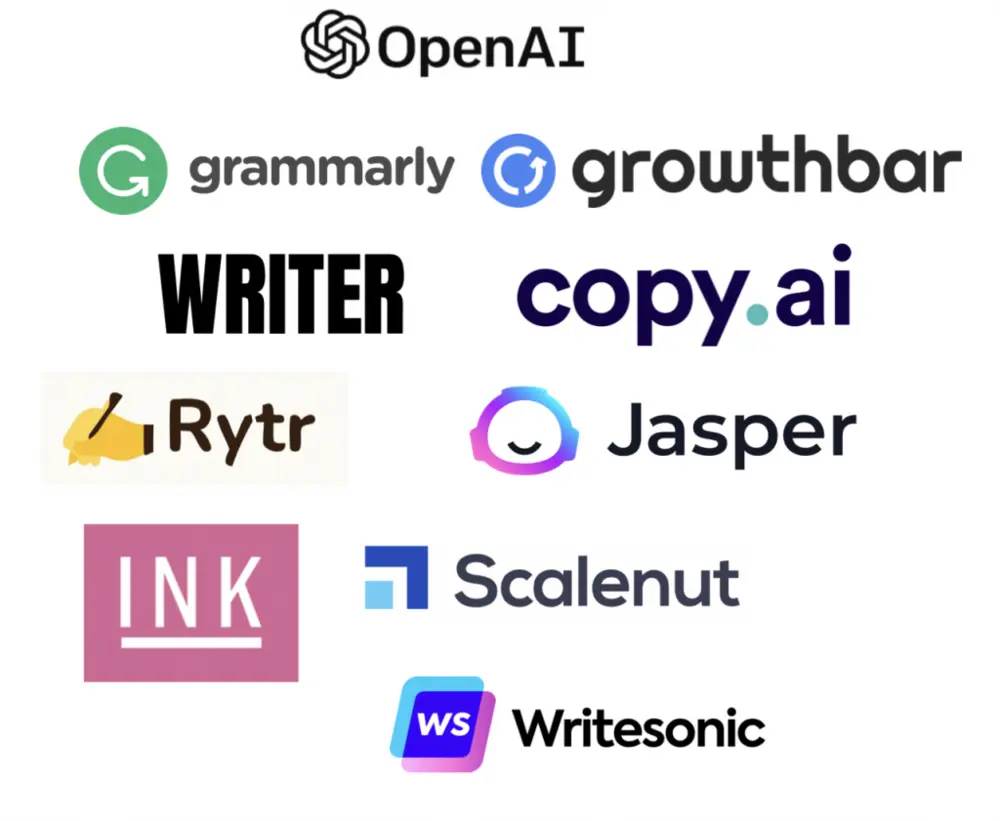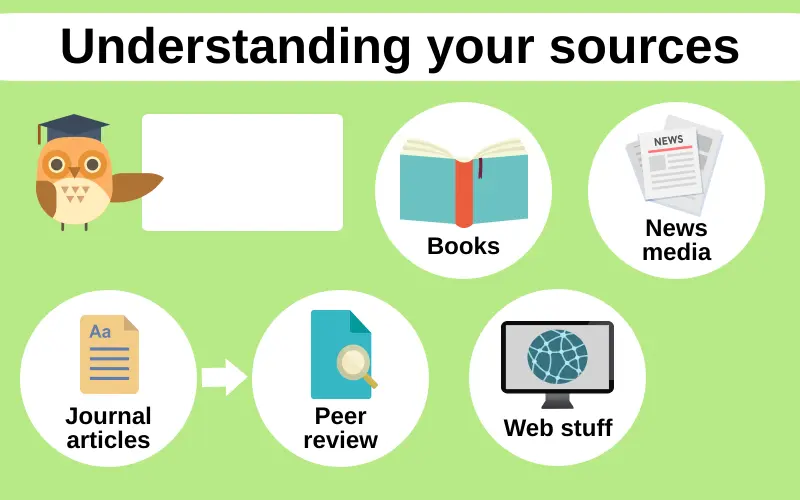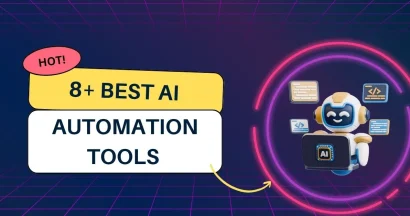In today’s rapidly evolving digital landscape, artificial intelligence (AI) has become a cornerstone of technological advancement, extending its influence into various sectors, including education. For students, AI presents a unique set of tools and opportunities that can significantly enhance learning experiences and outcomes.
However, as these technologies become more integrated into academic environments, the conversation around their ethical use becomes increasingly critical. This article explores how students can harness AI responsibly, particularly in the realm of writing, ensuring that its benefits are maximized without compromising academic integrity.
Let’s Get Into AI Writing Tools

AI writing tools are software applications that utilize artificial intelligence to assist users in creating text. These tools can generate content, suggest improvements, and help with grammar and style adjustments. They range from simple proofreading software to complex platforms capable of producing entire essays.
A student might use a professional coursework service to understand the structure and formatting of academic papers, but AI tools take this assistance further by automating part of the writing process. The key for students is to use these advancements as a supplement to their learning, not as a replacement for their own understanding and creativity.
Benefits of AI Writing Tools for Students
The integration of AI writing tools into a student’s academic toolkit can provide several notable benefits. Firstly, these technologies can significantly streamline the research process.
AI tools can quickly analyze large volumes of data and extract relevant information, allowing students to focus more on analysis rather than the time-consuming process of data collection.
This capability is particularly beneficial in fields that require extensive background research, enabling students to access a broader range of sources and perspectives than might be feasible manually.

Moreover, AI writing tools can enhance the quality of student writing. By providing suggestions for grammatical improvements, style enhancements, and even content suggestions, these tools help students refine their writing to a professional standard.
This support is invaluable for non-native English speakers and those struggling with specific academic writing conventions. It’s also a boon for those balancing tight deadlines, as these tools can help produce coherent pieces of writing more quickly than traditional methods.
Another significant benefit is the personalized learning environment that AI tools can create. By adapting to the individual’s writing style and needs, AI can offer customized feedback, helping students identify and correct their recurring mistakes. This tailored approach not only improves their current assignments but also contributes to their long-term writing skills.
AI writing tools also democratize access to quality writing assistance. Not every student has the luxury of accessing human tutors or editors who can provide detailed feedback on their work. AI tools bridge this gap by offering a level of editorial assistance that can be accessed anytime and anywhere, ensuring that all students have the opportunity to improve their writing skills irrespective of their geographical location or economic status.
Finally, these tools encourage a more creative approach to writing. With AI handling some of the more mundane aspects of writing, such as citation formatting and basic proofreading, students can devote more energy to creative thinking and complex argument construction. This shift can lead to more engaging and innovative academic work, pushing the boundaries of traditional academic writing norms.
Together, these advantages demonstrate how AI writing tools, when used ethically and effectively, can substantially enrich a student’s academic experience, fostering both efficiency and creativity in their written work.
Ethical Concerns with AI Writing
While AI writing tools offer numerous benefits, they also raise several ethical concerns that must be addressed. The primary issue is the potential for academic dishonesty.
The ease with which students can generate essays and reports through AI can tempt some to pass off AI-generated work as their own, thereby undermining the educational process. Such practices, if widespread, could devalue the significance of learning and dilute the academic achievements of the institution.

Plagiarism is another significant concern. AI tools, especially those capable of generating large bodies of text, can produce content that may inadvertently mimic existing sources too closely. Students may find themselves facing plagiarism charges not out of malice but because they are not fully aware of the nuances of citing AI-generated content.
Moreover, reliance on AI can stifle the development of critical thinking and writing skills. If students habitually turn to AI for help with their assignments, they may find themselves ill-prepared to tackle complex problems independently or perform in settings where AI assistance is not available.
Guidelines for Ethical Use of AI in Writing
To navigate the ethical minefields associated with AI writing tools, students must adhere to clear guidelines. First and foremost, AI should be used as a supplement to the student’s own efforts, not as a substitute. Students should leverage AI for brainstorming, drafting, and revising their work but always ensure that the final submission reflects their original ideas and understanding.
Schools and educational institutions have a crucial role in setting boundaries. They should develop policies that clearly outline acceptable uses of AI in academic work, similar to guidelines for traditional sources. For instance, just as students might seek help with nursing assignments to better understand medical protocols and patient care in nursing school, they should use AI tools to gain insights and perspectives that enhance their original writing, not replace it.
Transparency is also vital. Students should be encouraged, if not required, to disclose the use of AI tools in their assignments. This disclosure will promote honesty and allow educators to more accurately assess a student’s true ability and understanding of the subject matter.
Implementing AI Tools Responsibly
Responsibly implementing AI tools involves integrating them into the educational process without compromising ethical standards.
Educators can play a significant role by introducing AI as part of the curriculum and teaching students how to use these tools effectively and ethically. For example, workshops or modules on digital literacy could cover the capabilities of AI writing aids, highlighting both their potential and their limitations.
Furthermore, educational institutions should provide case studies or real-life examples of how AI tools can be used appropriately. These examples can serve as practical guides for students, showing them how to integrate AI into their writing process in a way that enhances their learning and adheres to academic integrity.
Conclusion On AI Writing Tools
As AI continues to permeate the educational sector, its potential to transform student writing is undeniable. However, this transformation comes with the need for a strong ethical framework. By understanding the benefits and potential pitfalls of AI writing tools, students can learn to use these technologies to supplement their academic endeavors responsibly.
The future of AI in education offers exciting possibilities but also requires careful consideration of its ethical implications. As we move forward, both students and educators must foster an environment where technology enhances learning without compromising the integrity of the educational process.
By adopting responsible practices and guidelines, we can ensure that AI serves as a tool for educational enhancement rather than a shortcut to academic success. This balanced approach will prepare students not only for academic achievement but also for responsible citizenship in a technologically advanced world.
Read More: 11+ Best WordPress Review Themes
Contact US | ThimPress:
Website: https://thimpress.com/
Fanpage: https://www.facebook.com/ThimPress
YouTube: https://www.youtube.com/c/ThimPressDesign
Twitter (X): https://twitter.com/thimpress


